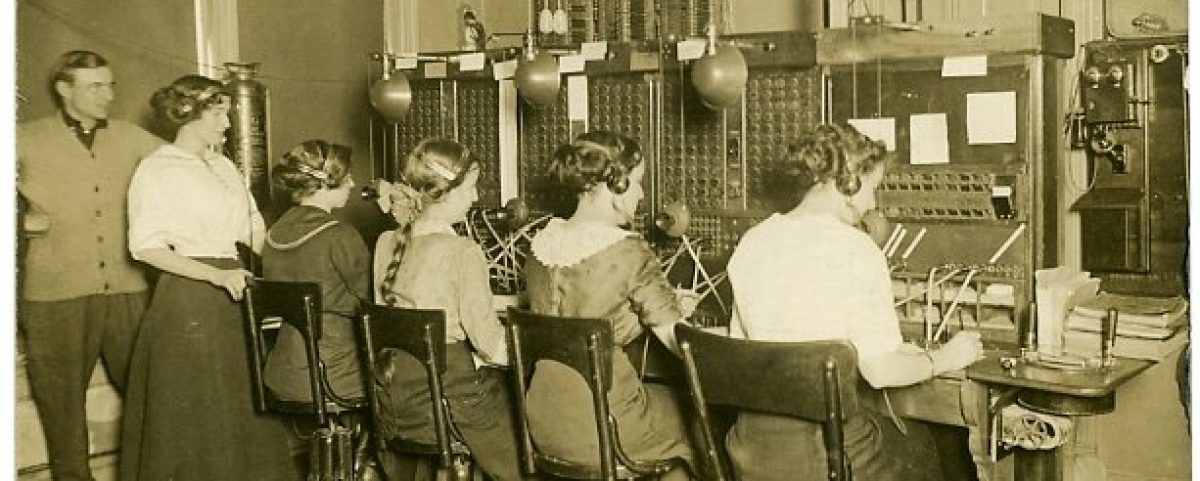Local government records are essential for studying the past. These primary sources document governance, along with the history of communities, institutions, and people.
With state and federal agencies the process of accessing the items usually works efficiently. But when municipalities retain files, there are often challenges in locating the aging volumes as they rarely have dedicated archivists to keep up with the flow of old documents. Plus, the local custodians have limited resources to preserve, organize, and store files of permanent value.
Municipalities have a patchwork of approaches. Sometimes the old records have been transferred to a state archives, but frequently the town clerk has retained guardianship. Over the years, I have climbed through attics of town halls, searched through dark, damp basements, and combed through boxes stashed in out-of-the-way closets or old vaults searching for primary sources. This disarray is compounded as valuable materials are often lost to the fog of the past as decades slip by.
City Clerks do the best they can as custodians of public records, struggling with limited time and resources as they juggle multiple responsibilities. I have been helped by many of these keepers of public records. Plus, sometimes I find that the local bodies have digitized its archives, making them available online. This makes my work much more manageable, increases efficiencies for agency staff, and reduces custodial and preservation problems as paper ages and becomes fragile.
While working with municipal records across the mid-Atlantic, I recently discovered that the City of Havre Grace had established an online repository for its public records, the city minutes starting in 1800 while the ordinance books begins in 1879. The user-friendly web portal permits a curious type to easily access the records and view digital copies of the original, primary sources.
Thank you, City of Havre de Grace for ensuring that the public records of the City are retained, organized, preserved, and made available. Anyone studying the past in this old Maryland City will find this to be a helpful resource.
Click here to access eCode360, the repository for the public records of the City.



Havre de Grace is also the third oldest city in Maryland; the first being St. Mary’s City in St. Mary’s County, Annapolis in Annapolis, then Havre de Grace. Havre de Grace supposedly lost being the United States’ Capital by one vote.
Thanks for passing this information along John.